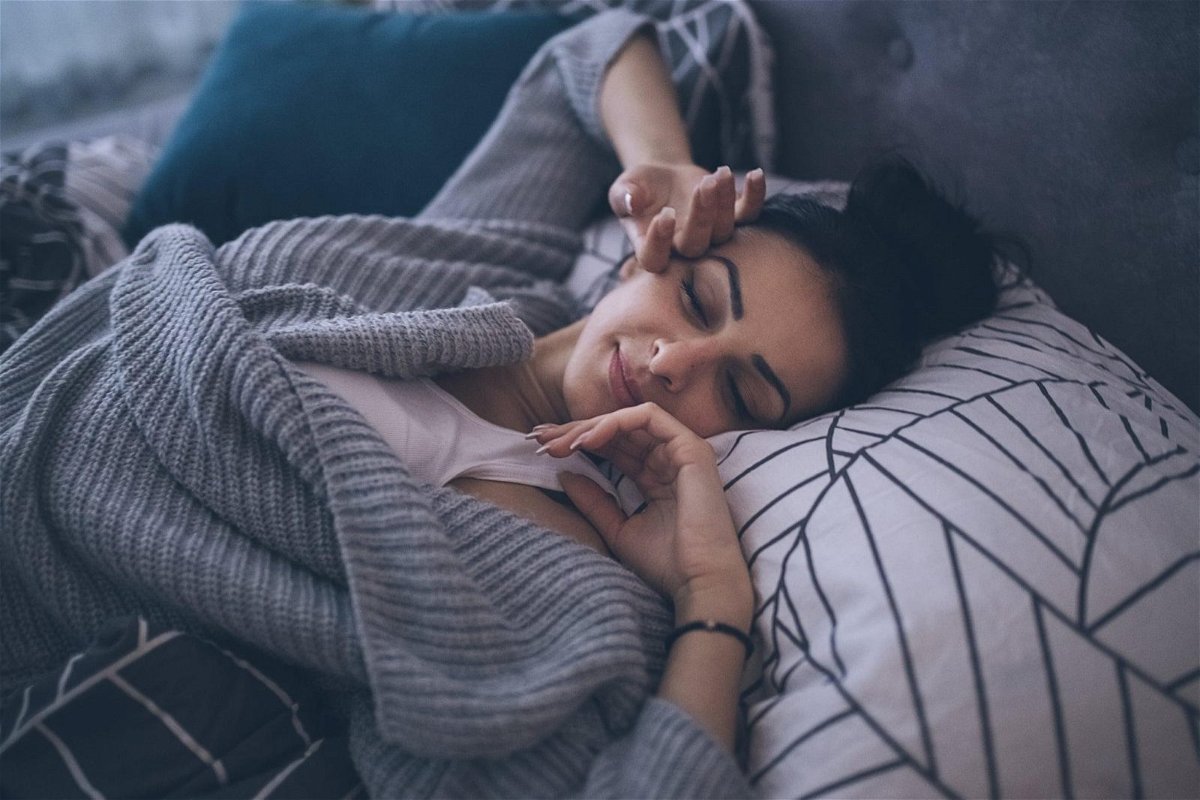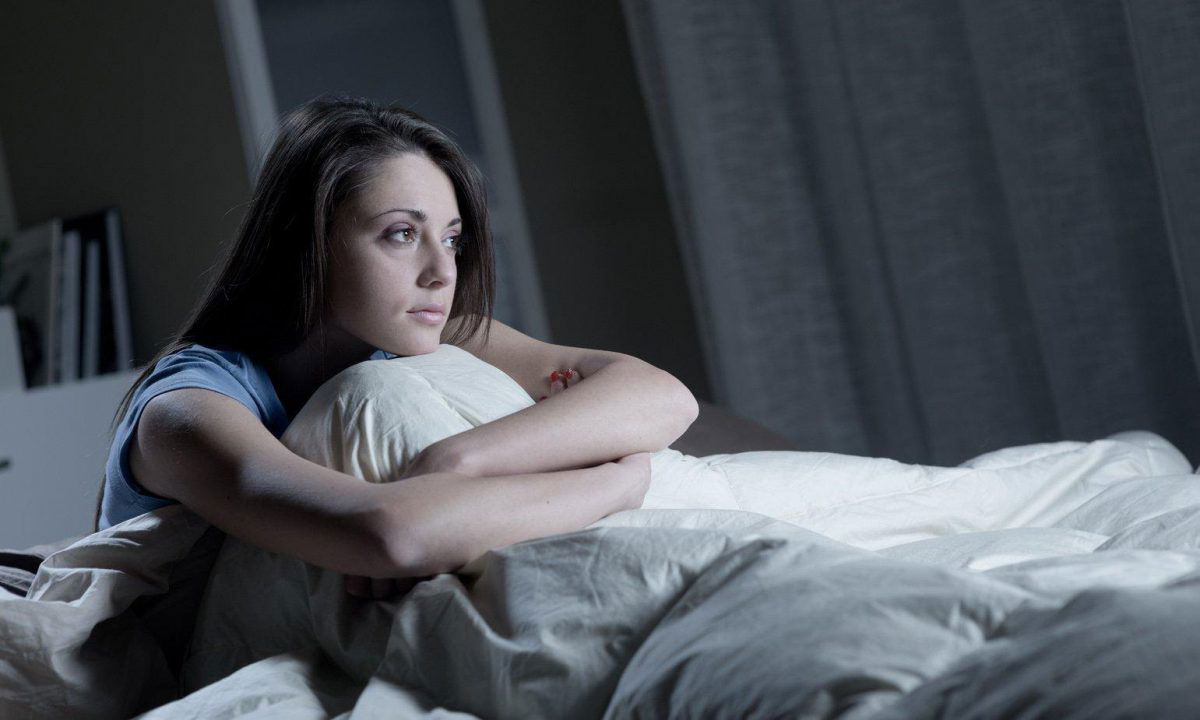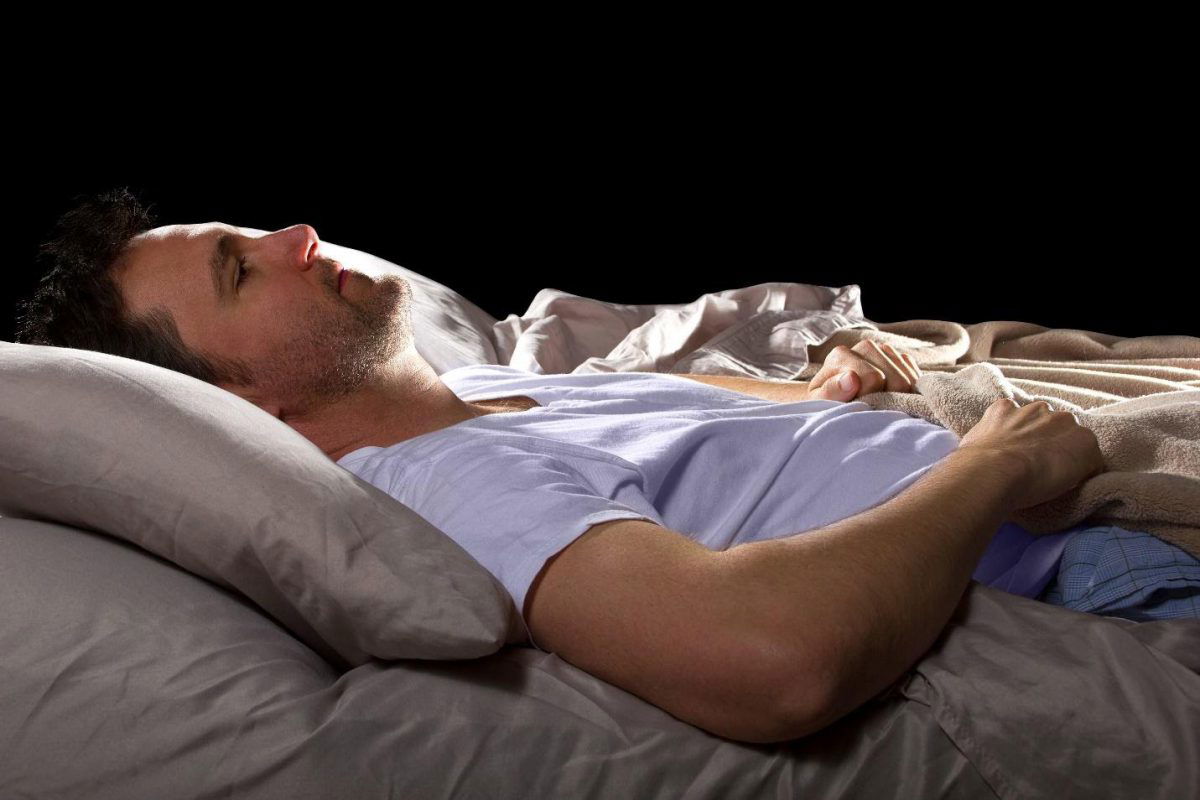
 View 6 slides
View 6 slides Have Trouble Falling Asleep? These Proven Tricks Will Improve Your Sleep Quality In No Time
Have Trouble Falling Asleep? These Proven Tricks Will Improve Your Sleep Quality In No Time


Advertisement
Adequate sleep plays a much bigger role than we accredit it for. Apart from re-energizing the mind and body, it is also needed for maintaining good general health. Due to our demanding lives, prioritizing sleep has become a challenge. Work and personal commitments make it difficult for us to follow a fixed sleeping schedule.
A problem that is becoming increasingly common is difficulty falling asleep. After we hit the bed, we spend a lot of time turning and flipping and it feels like an eternity before we finally doze off. A general reason behind this could be the several thoughts cramming our brain and preventing it from relaxing. At the same time, how easily we fall asleep is also affected by a host of other factors. The amount of light, temperature, noise, and the like have a bearing on your sleep.
We all hate to spend hours in bed trying to fall asleep. It makes us anxious and disrupts our sleep quality

Experiencing it is way more irritating than it sounds. Random thoughts start occurring further pushing the time we actually fall asleep. We feel like just getting up and using the time productively. A lot of people get hungry and start indulging in unhealthy midnight snacking. In order to fix our sleep, it’s important that we first understand why it is so important and what happens when we don’t get enough sleep over a period of time.
On average, an adult who is anywhere from 18 to 64 requires roughly eight to nine hours of sleep every night, as per the guidelines released in 2015 by the National Sleep Foundation. The National Institute of Neurological and Stroke explains that proper sleep is needed to bust the toxins accumulated in the brain during the time we are awake. Along with a ton of other positive effects, it also improves your memory, enhances your ability to focus, and repairs and rebuilds degenerating cells. Besides, there have been many studies that have laid down how a lack of enough sleep deteriorates overall health. Long-term health conditions such as diabetes, fluctuating blood pressure, depression, and anxiety are more common in those who neglect sleep.
Our body has a natural cycle known as the circadian rhythm that decides when we start feeling tired. Circadian rhythm is also responsible for a lot of the body’s processes such as the metabolic rate and hormonal levels. It is what’s behind our feelings of sleepiness or awakeness.
This natural body clock can be impacted by factors such as stress, light, temperature, etc. which, in turn, cause changes in our sleep routine, notes the National Institute of General Medical Sciences.
When the night sets in, our circadian rhythm gives a signal to the mind, which further signals the pineal gland to produce melatonin. This is the chief hormone responsible for your sleep.
When it reaches your bloodstream, your brain signals you that it’s time to hit the sack, explains Dianne Augelli, assistant professor at Cornell University’s Weill Medical College.
If you feel that there is something messing up your sleep, there are a few simple things you can do that may solve your problem completely. Read on to find out what those are.
Adopt these sleep hygiene practices to get rid of this problem and have a peaceful sleep

When we hear of sleep hygiene, the first things to come to our minds are taking a bath, brushing teeth, and regular changing of bedsheets and pillow covers. In a broader sense, sleep hygiene includes these and a lot of other things that play a significant role in how well we sleep.
It refers to several behavioral changes and good practices that promote peace of mind and thereby promote quality sleep, notes CDC. Usually, we don’t give a thought to these practices until we start facing issues with our sleep. It’s important to have a good knowledge of your habits and rectify the things you have been doing wrong. Read on to find out what’s been messing up your sleep.